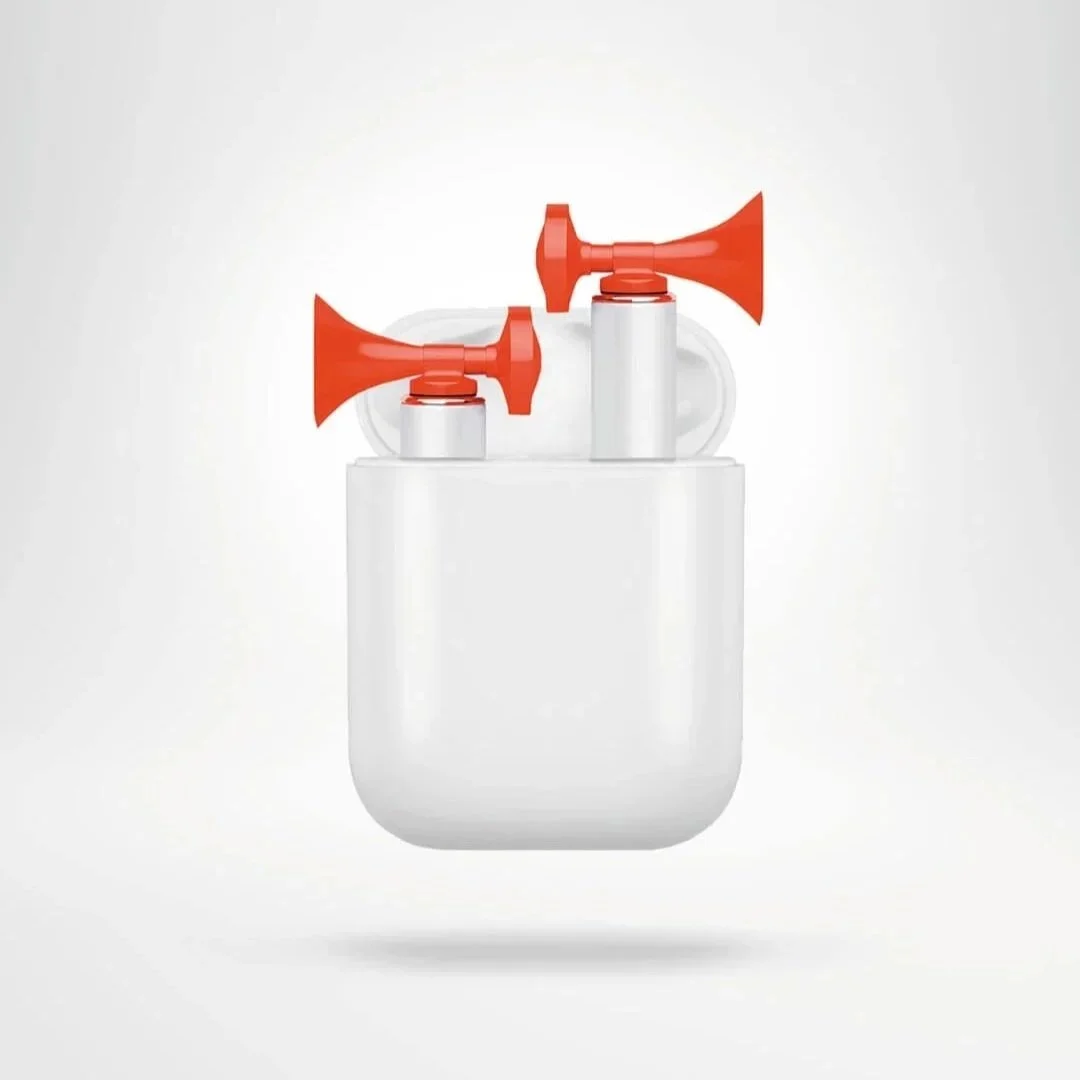Each October Hearing Health Foundation announces our newly funded Emerging Research Grants scientists. We are thankful to our scientific reviewers and Council of Scientific Trustees for their role determining the awardees.
Our ERG program continues to be the leading seed funding opportunity for hearing and balance researchers. The Elizabeth M. Keithley, Ph.D. Early Stage Investigator Awards honor the impact of our former board chair on the field, including her service to HHF with the awards’ focus on supporting the next generation.
Supporting hearing and balance research is crucial, as it receives only a small fraction of federal funding compared with other chronic conditions, and despite the widespread prevalence of hearing conditions. We are deeply grateful for the continued dedication of our generous donors who make these grants possible.
Thank you and congratulations to the 2026 grantees.
This year’s first year ERG scientists are: (top row, from left) Bshara Awwad, Ph.D., Patrick Cody, Ph.D., Hui Hong, Ph.D., Jia Guo, Ph.D.; (bottom row, from left) Jane Mondul, Au.D., Ph.D., CCC-A, Melissa Papesh, Au.D., Ph.D., Patrick D. Parker, Ph.D., Marina Silveira, Ph.D.
FIRST YEAR
Elizabeth M. Keithley, Ph.D. Early Stage Investigator Awards
Patrick Cody, Ph.D.
University of Pittsburgh
Comprehensive hearing recovery evaluation of novel targeting sequences for cell-type–specific gene therapy for hearing loss
Generously funded by Zellis Family Foundation
Hui Hong, Ph.D.
Creighton University
Peripheral auditory input regulates lateral cochlear efferent system
Jane Mondul, Au.D., Ph.D., CCC-A
Purdue University
Sound-induced plasticity of the lateral olivocochlear efferent system
Generously funded by William Randolph Hearst Foundations
Central Auditory Processing Disorder
Melissa Papesh, Au.D., Ph.D.
Portland VA Research Foundation
Central auditory processing disorder and insomnia
Generously funded by Royal Arch Research Assistance
Marina Silveira, Ph.D.
University of Texas at San Antonio
Age-related changes in neuromodulatory signaling in the auditory midbrain
Generously funded by Royal Arch Research Assistance
Pain and/or Loudness Hyperacusis
Bshara Awwad, Ph.D.
Mass Eye and Ear
Auditory-limbic circuit dynamics as therapeutic targets in hyperacusis
Generously funded by Hyperacusis Research
Ménière’s Disease
Jia Guo, Ph.D.
Columbia University
Enhanced cochlear endolymphatic hydrops imaging for Ménière’s disease with intracochlear MRI contrast delivery via microneedle
Generously funded by Karen I. Coley
Tinnitus
Patrick D. Parker, Ph.D.
Johns Hopkins University School of Medicine
Emergence of tonotopically organized spontaneous activity in the brain after genetic disruption of MET channel function
Generously funded by the Les Paul Foundation
SECOND YEAR
Elizabeth M. Keithley, Ph.D. Early Stage Investigator Award
Margaret Cychosz, Ph.D.
Stanford University
Leveraging automatic speech recognition algorithms to understand how the home listening environment impacts spoken language development among infants with cochlear implants
Generously funded in part by Susan and Steve Kaufman
Adult Cochlear Implant Users
Bruna Mussoi, Au.D., Ph.D.
University of Tennessee
Auditory neuroplasticity following experience with cochlear implants
Generously funded by Mike Miles
Central Auditory Processing Disorder
Ben-Zheng Li, Ph.D.
University of Colorado
Alterations in the sound localization pathway resulting in hearing deficits: an optogenetic approach
Generously funded by Royal Arch Research Assistance
Anahita Mehta, Ph.D.
University of Michigan
Effects of age on interactions of acoustic features with timing judgments in auditory sequences
Generously funded by Royal Arch Research Assistance
Hyperacusis
Manoj Kumar, Ph.D.
University of Pittsburgh
KCNQ2/3 potassium channel activator mitigates noise-trauma–induced hypersensitivity to sounds in mice
Generously funded by Hyperacusis Research
Ménière’s Disease
Timothy Balmer, Ph.D.
Arizona State University
The role of NMDA receptors in vestibular circuit function and balance
Generously funded by the Salice Family Foundation
For details about the projects renewed for a second year, please click here. The next cycle for grant applications opens October 20, 2025. For more, see hhf.org/erg and hhf.org/mtr. Hearing Health Foundation sincerely thanks our community for their support.








It bears repeating: What improves access for a group with a specific disability invariably also helps the greater population.